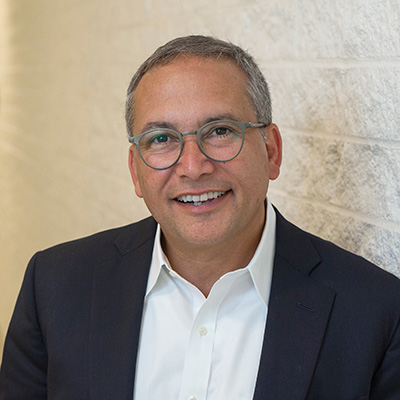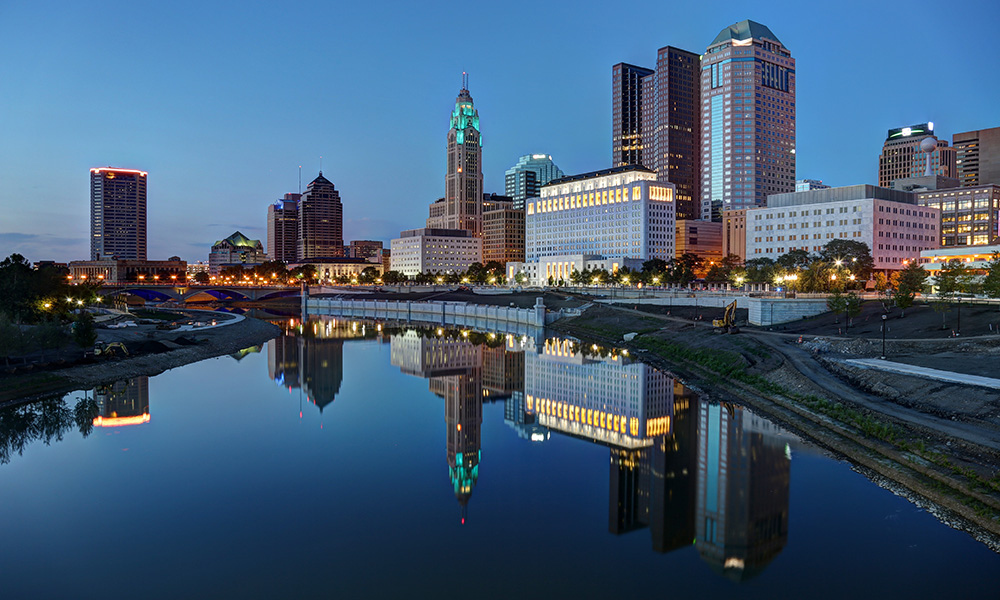A central challenge for 2019 and beyond will be the creation of jobs and work environments that foster meaningful, purposeful, and dignified lives.
The nature of work has changed dramatically over the last four decades, due to a confluence of factors including globalization, technology, and public policy. These factors continue to unfold and will be accelerated and altered with rapid changes in artificial intelligence, big data, biotechnology, and other technological advancements, as well as cultural and political shifts.
The Council on Competitiveness, a national group of CEOs, university presidents, labor leaders and national lab directors, recently released a clarion call that correctly states, “There will be opportunities for new businesses, industries, and jobs, but there will also be pain for some people and communities as industries shift, labor markets are disrupted, jobs change and automation increases.”
Metropolitan regions will need strategies to create jobs and work environments that anchor the lives of people and communities in positive and lasting ways. The jobs that are needed are marked by good wages, strong benefits, continuous learning, and healthy work environments. These also should be jobs that give people’s lives purpose and meaning.
Columbus is a metropolitan region that has been at the forefront of thinking and working proactively on how to respond and thrive in this emerging moment. Through the work of the Columbus Partnership, Columbus 2020, and other entities, several efforts are bringing together constituencies across the private and public sectors to imagine and create the future. One example is Smart Columbus, which is positioning Columbus as a pioneer in harnessing the reinvention of transportation in ways that will create good jobs across the region for a wide range of people and communities.
A strategic advantage of Columbus is the depth and breadth of our higher education sector. Columbus is home to 50 colleges and universities, including The Ohio State University, Columbus State Community College, more than 20 strong independent private colleges, and a wide range of regionally focused public universities and colleges. Together, we educate close to 136,000 students a year, and employ over 50,000 faculty and staff, across the entire region.
The work of higher education can help drive positive job growth in at least five ways.
- Prepare students across the age and career spectrum for the changing nature of work, to enable them to be ready and eager to thrive in environments marked by change, ongoing learning, and the need to work in diverse teams to drive innovation and competitiveness.
- Develop a generation of graduates who will manage and lead organizations in ways that create meaningful and dignified jobs and work environments for others. The future will be determined by our graduates as they become the next generation of business leaders and managers, technologists and healthcare professionals, public policy experts, politicians, entrepreneurs, and community members.
- Ensure that the jobs and work environments we provide for our faculty and staff are meaningful and dignified and have a sense of purpose.
- Convene broad segments across the Columbus Metropolitan region to create public spaces for conversations and ideas to emerge. We need expanded public squares that bring together diverse constituencies to co-create and learn from each other.
- Generate research that drives understanding, innovation, and advancements on every front, from technological advancements to models for humanizing technological advancements to serve people and communities.
Higher education is a crucial sector of the Central Ohio region that can help create a future marked by meaningful and dignified jobs and work environments. In doing so, we give our region’s citizens the solid foundation they need to have the confidence and resources to invest in themselves, their neighborhoods, and our region.
Mobilizing our higher education institutions in such a way will leverage one of the primary assets of our region, and construct the foundation needed for healthy politics and a revitalized inclusive citizenship where people feel able, willing and motivated to work across differences to address social issues and create a shared vision for our future.

